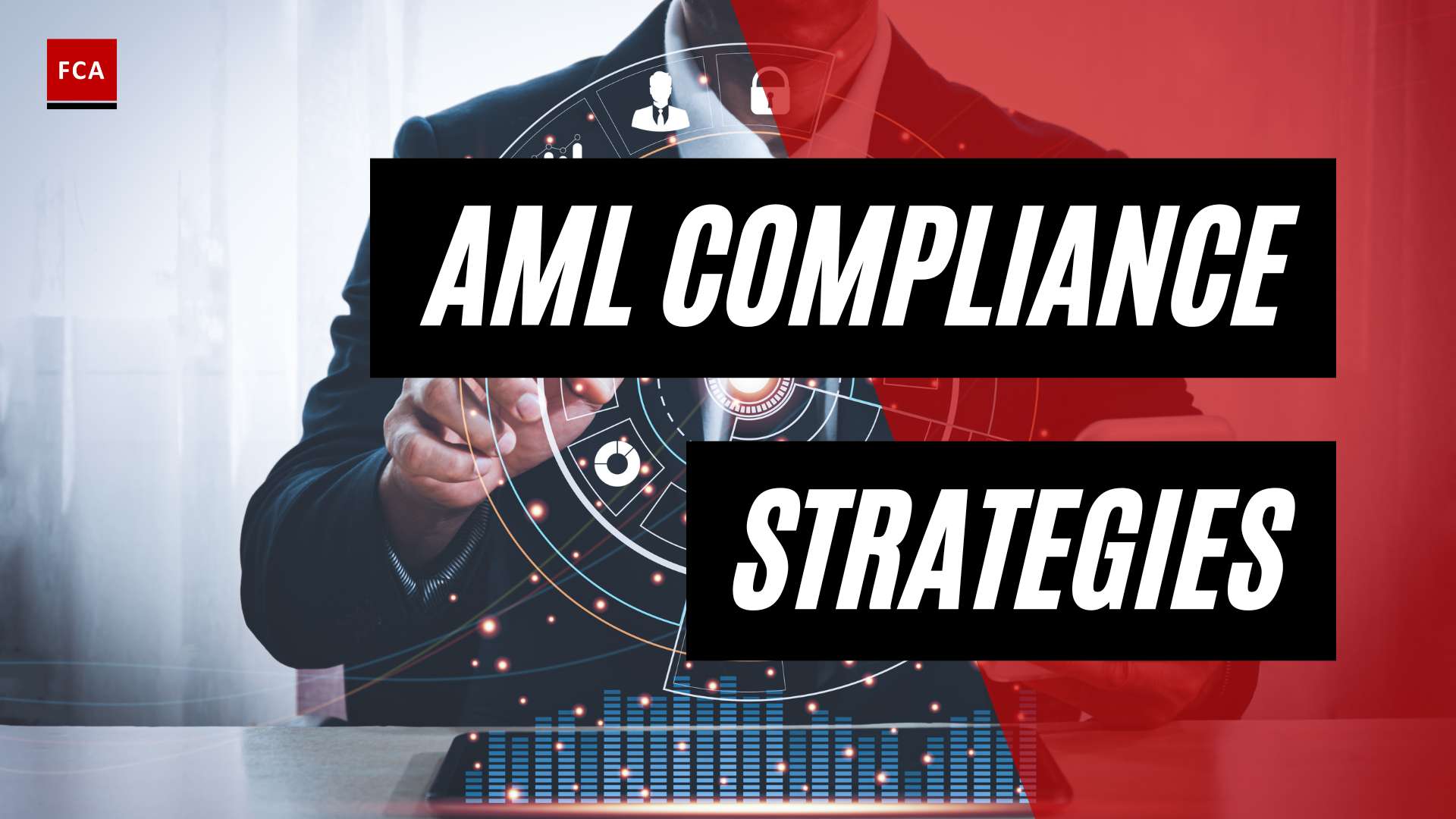Impact of COVID-19 on AML Efforts
The COVID-19 pandemic has significantly impacted Anti-Money Laundering (AML) efforts, presenting a range of challenges for professionals working in compliance, risk management, and anti-financial crime. Let’s explore some of the key challenges and trends that have emerged during this time.
Increased Financial Crime During the Pandemic
One of the major challenges faced by AML professionals during the pandemic is the increased prevalence of financial crime. Criminals have exploited the situation, taking advantage of the uncertainty and disruption caused by the global health crisis to carry out illicit activities. Cases of fraud, cybercrimes, and exploitation have seen a surge, posing significant threats to the financial system and national security.
Challenges in Conducting In-Person Verifications
The pandemic has created difficulties in conducting in-person verifications and source document reviews, which are crucial for effective AML compliance. Social distancing measures and travel restrictions have made it challenging to meet customers face-to-face and obtain the necessary documentation securely. This has necessitated the adoption of alternative verification methods, such as remote customer onboarding and digital identity verification, to ensure compliance while minimizing physical interactions.
Rise of Cryptocurrencies and AML Challenges
The emergence of COVID-19 has accelerated the adoption of cryptocurrencies, presenting new challenges for AML professionals in ensuring national security in the digital age. Cryptocurrencies offer anonymity and can be used for illicit purposes, making it crucial for regulators and financial institutions to enhance their AML measures to address the risks associated with digital assets.
Smart Contracts and Trade-Based Money Laundering
AML professionals are facing challenges related to Trade-Based Money Laundering (TBML) during the COVID-19 era. The use of smart contracts, powered by blockchain technology, is being explored as a tool to combat illicit financial activities. Smart contracts can enhance transparency and traceability in trade transactions, helping to mitigate the risks of money laundering in international trade (ACAMS Today).
Unconventional Sectors and Money Laundering
The COVID-19 pandemic has led to the rise of illicit markets, including unconventional sectors such as the black market for used cooking oil. These unconventional sectors pose new challenges for AML professionals in tracking and preventing money laundering activities. It requires increased vigilance and innovative approaches to identify and address the evolving risks associated with these sectors.
Digital Solutions in AML Compliance
The pandemic has accelerated the adoption of digital financial services and online banking, which has created challenges in identifying and assessing risks associated with new technologies and payment methods. Financial institutions have had to adapt their AML controls and processes to ensure effective compliance in the digital realm. The usage of remote AML monitoring tools and advanced analytics has become increasingly important to detect and prevent financial crimes.
Regulatory Flexibility and Deadlines
Regulators and supervisors have had to navigate the rapid changes brought about by the pandemic while ensuring that AML/CFT systems remain effective. Flexibility in regulatory deadlines and requirements has been necessary to accommodate the challenges faced by financial institutions in adapting to the new operating environment. Regulatory bodies have provided guidance and support to address the AML challenges arising from the pandemic.
Cybersecurity Challenges in AML Operations
The shift to remote work arrangements and increased reliance on digital systems and communication channels has exposed AML operations to cybersecurity risks. Financial institutions need to strengthen their cybersecurity measures to protect sensitive customer information and prevent unauthorized access, ensuring the integrity and confidentiality of AML processes and data.
Collaboration and Information Sharing
The pandemic has highlighted the importance of collaboration and information sharing among financial institutions, government agencies, and international organizations. Sharing insights, best practices, and intelligence can enhance collective efforts in combating financial crime and addressing AML challenges during these unprecedented times. Collaborative platforms and networks play a crucial role in facilitating effective communication and cooperation.
The impact of COVID-19 on AML efforts has brought about a range of challenges that require innovative solutions and collaboration. AML professionals must adapt to the evolving landscape and leverage digital tools and technologies to effectively combat financial crime while ensuring compliance and safeguarding the integrity of the financial system.








